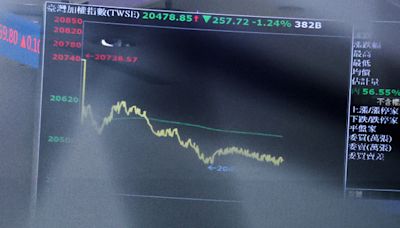搜尋結果
The artificial intelligence ( AI) industry in China is a rapidly developing multi-billion dollar industry. The roots of China's AI development started in the late 1970s following Deng Xiaoping 's economic reforms emphasizing science and technology as the country's primary productive force. The initial stages of China's AI development were slow ...
Artificial intelligence (AI), in its broadest sense, is intelligence exhibited by machines, particularly computer systems.It is a field of research in computer science that develops and studies methods and software which enable machines to perceive their environment and uses learning and intelligence to take actions that maximize their chances of achieving defined goals.
其他人也問了
What is artificial intelligence (AI)?
What is the history of artificial intelligence (AI)?
Who coined the term'strong AI'?
What is the partnership on AI to benefit people and society?
The history of artificial intelligence (AI) began in antiquity, with myths, stories and rumors of artificial beings endowed with intelligence or consciousness by master craftsmen.The seeds of modern AI were planted by philosophers who attempted to describe the process of human thinking as the mechanical manipulation of symbols. . This work culminated in the invention of the programmable ...
Generative artificial intelligence ( generative AI, GenAI, [1] or GAI) is artificial intelligence capable of generating text, images, videos, or other data using generative models, [2] often in response to prompts. [3] [4] Generative AI models learn the patterns and structure of their input training data and then generate new data that has ...
Artificial general intelligence ( AGI) is a type of artificial intelligence (AI) that can perform as well or better than humans on a wide range of cognitive tasks. [1] This is in contrast to narrow AI, which is designed for specific tasks. [2] AGI is considered one of various definitions of strong AI . Creating AGI is a primary goal of AI ...
OpenAI is a U.S.-based artificial intelligence (AI) research organization founded in December 2015, researching artificial intelligence with the goal of developing "safe and beneficial" artificial general intelligence, which it defines as "highly autonomous systems that outperform humans at most economically valuable work".[4] As one of the ...
The ethics of artificial intelligence is the branch of the ethics of technology specific to artificial intelligence (AI) systems. [1] The ethics of artificial intelligence covers a broad range of topics within the field that are considered to have particular ethical stakes. This includes algorithmic biases, fairness, automated decision-making ...


